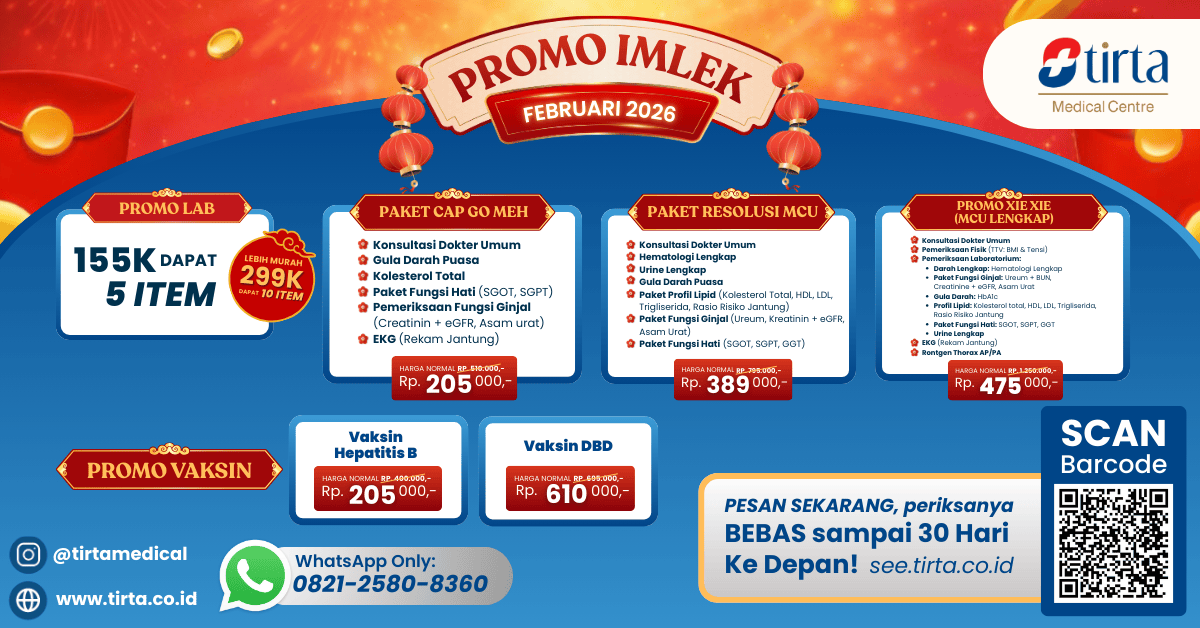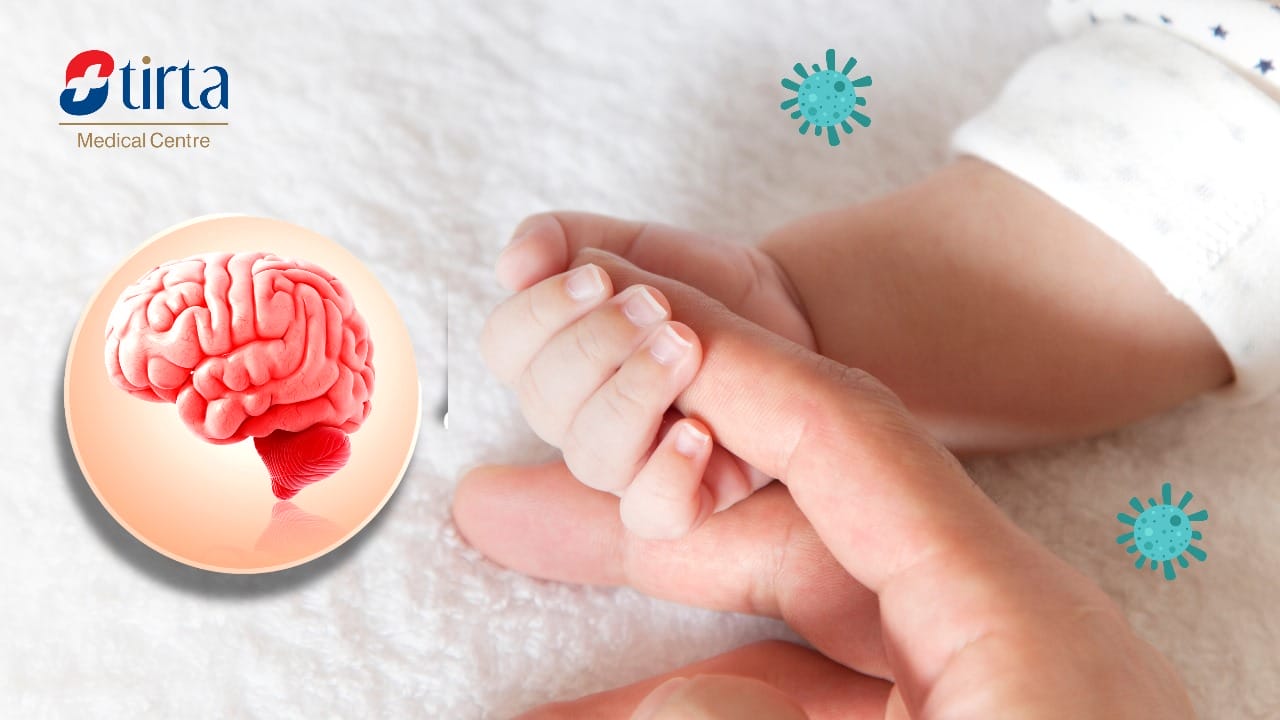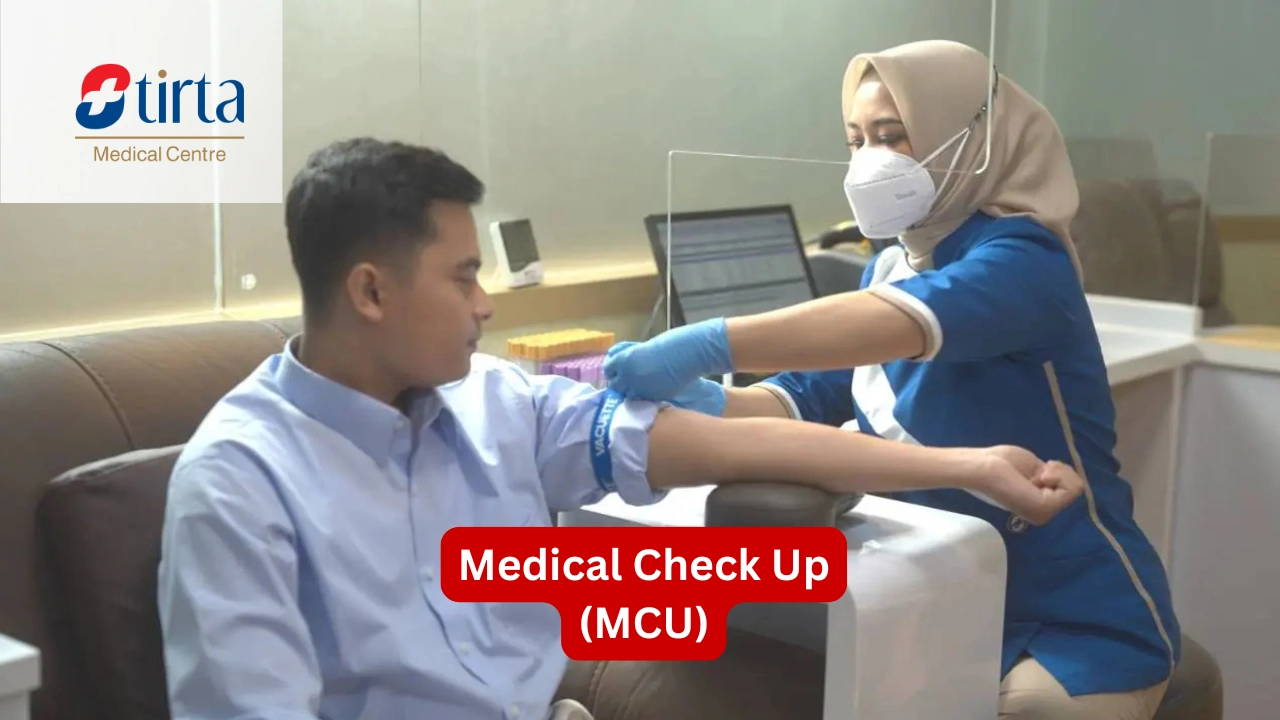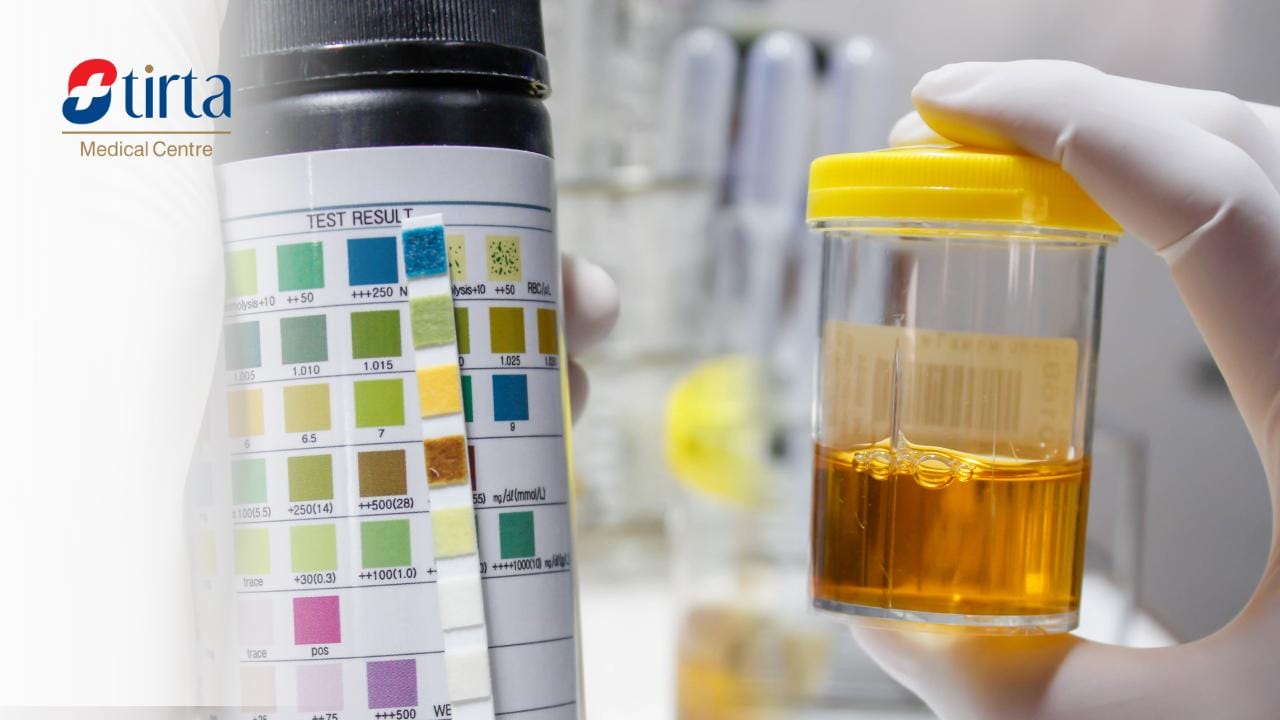Meningitis is a serious medical condition that often affects infants or children with important symptoms parents should be aware of. Meningitis symptoms in babies can vary, but some common early signs are high fever, stiff neck, and sensitivity to light.
Early recognition of meningitis symptoms in children or infants is crucial for effective treatment and to avoid long-term complications. Here is an explanation of the symptoms of meningitis, risk factors, and meningitis vaccines for babies.
Symptoms of Meningitis in Infants and Children
Symptoms of meningitis in infants and children under 2 years of age can differ from adults. It is important to recognize the symptoms of meningitis in infants early to get quick and proper medical care.
1. High Fever
Meningitis in infants often begins with a sudden high fever. This fever usually exceeds 38 °C (100.4 °F) and can cause the baby to be fussy or restless.
2. Constant and Increasingly Loud Crying When Held
Infants suffering from meningitis often cry incessantly, and the crying intensifies when the baby is held or carried. This cry is usually high-pitched and different from normal crying.
3. Baby Appears Very Drowsy, Lethargic, or Inactive
Infants with meningitis tend to appear very tired, lethargic, or inactive. They may sleep longer than usual and be difficult to wake up.
4. Stiff Neck or Body
One of the classic signs of meningitis is stiffness in the neck or body of the infant. The baby may show resistance when their neck is moved or when their body is positioned.
5. Presence of a Bulge in the Soft Area on Top of the Baby’s Head
In infants, meningitis can cause bulging or swelling of the soft spot on top of the head (fontanel) due to increased pressure inside the skull.
6. Difficulty Eating
Infants with meningitis often show difficulty or refusal to eat. They may not want to breastfeed or accept solid foods.
7. Fussy or Easily Irritated
Infants suffering from meningitis can be very fussy and hard to soothe. They may show signs of discomfort or unusual pain.
Meningitis Risk Factors
Meningitis is a serious infection that can affect children. Children under the age of one year have the highest risk of contracting meningitis.
Certain medical conditions such as complement component deficiency and HIV infection can increase the risk. Here are the meningitis risk factors that you should be aware of:
1. Age
Infants and young children, especially those under one year, are at the highest risk of contracting meningitis. Adolescents and young adults aged 16 to 23 years, as well as adults over 65 years, are also in the high-risk age group.
2. Certain Medical Conditions
Several medical conditions can weaken the immune system and increase the risk of meningitis. These include complement component deficiency, functional and anatomical asplenia, and HIV infection.
- Complement Component Deficiency
This is a disorder in the complement system that helps the body fight infections. People with deficiencies in components such as C3, C5-9, properdin, factor H, and factor D are at a higher risk of meningitis.
- Functional and Anatomical Asplenia
Asplenia is a condition where a person does not have a spleen (anatomical asplenia) or the spleen does not function properly (functional asplenia). People with sickle cell anemia often have functional asplenia.
- HIV Infection
Individuals with HIV who have low CD4 counts or high viral loads are at a higher risk of contracting meningitis.
3. Certain Medications
Individuals receiving complement inhibitors such as eculizumab (Soliris®) and ravulizumab (Ultomiris™) are at a higher risk of contracting meningitis. These medications are often used to treat rare medical conditions like atypical hemolytic uremic syndrome, myasthenia gravis spectrum disorder, neuromyelitis optica spectrum disorder, and paroxysmal nocturnal hemoglobinuria.
4. Close Contact with Meningococcal Disease Patients
People who are in close contact with someone suffering from meningococcal meningitis disease, especially those who have direct contact with the patient, are at a higher risk of contracting this disease.
5. Places and Environment
The environment where people work, live, and travel can also increase the risk of contracting meningitis. Groups at higher risk include:
- Microbiologists working with bacteria that cause meningococcal disease.
- College students living in dormitories.
- Police or military personnel receive their education in highly concentrated training facilities.
- Travelers to sub-Saharan Africa.
Meningitis Vaccines for Infants and Children
Meningitis vaccines for infants and children can prevent meningococcal disease, including bacterial meningitis and other serious infections. Currently, there are two types of meningitis vaccines given to children:
1. Meningococcal Conjugate Vaccine (MCV4/MenACWY)
This vaccine protects against four types of meningococcal bacteria (A, C, W, and Y). MenACWY is recommended for all children and adolescents starting at 11 years of age.
Younger children, starting from 8 weeks old, can get some types of MenACWY if they are at higher risk of getting meningococcal meningitis.
2. Meningococcal B Vaccine (MenB)
This vaccine protects against the fifth type of meningococcal bacteria (type B). MenB is relatively new and is not yet recommended as a routine vaccine for healthy individuals. Some older children and teenagers who are at higher risk of meningococcal disease should get this vaccine when they turn 10.
If you suspect your child is showing symptoms of meningitis, consult a doctor immediately for further examination and appropriate treatment.
References:
- WebMD. Accessed in 2024. Meningitis: Symptoms, Causes, Transmission, and Treatment. https://www.webmd.com/children/understanding-meningitis-basics
- CDC. Accessed in 2024. Risk Factors for Meningococcal Disease. https://www.cdc.gov/meningococcal/risk-factors/index.html
- Kids Health. Accessed in 2024. Your Child’s Vaccines: Meningococcal Vaccines. https://kidshealth.org/en/parents/meningitis-vaccine.html
- Kemenkes. Accessed in 2024. FAQ Meningitis Meningococcal. https://infeksiemerging.kemkes.go.id/document/download/vWn








